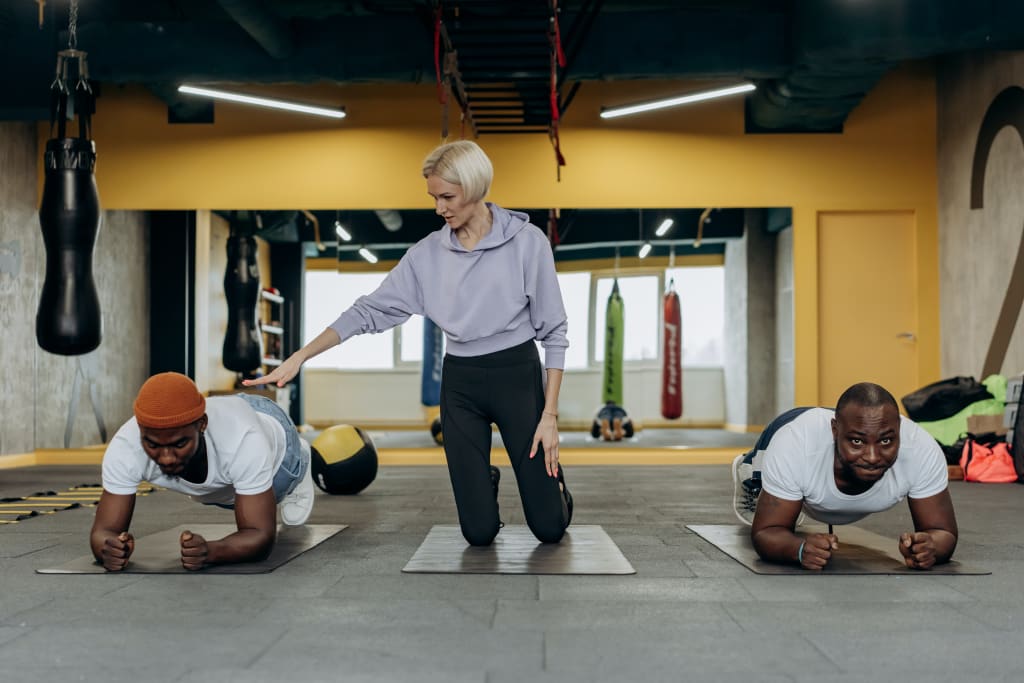HIIT vs. Steady-State Cardio
Which is Better for Fat Loss?

Cardio exercise is a popular way to burn calories and lose weight. However, not all cardio workouts are created equal. High-Intensity Interval Training (HIIT) and steady-state cardio are two of the most common types of cardio, and they have different effects on the body. HIIT involves short bursts of intense activity followed by periods of rest, while steady-state cardio involves maintaining a consistent level of activity for an extended period of time. Both types of cardio have their benefits and drawbacks, and the best choice for you will depend on your fitness level, goals, and personal preferences.
"HIIT workouts can burn more calories in less time compared to steady-state cardio, making them a great option for those with a busy schedule."
CLICK HERE and try TEA BURN today; support your weight loss goals today!
In this section, we'll explore the differences between HIIT and steady-state cardio in more detail, and discuss their respective benefits and drawbacks for fat loss.
HIIT
HIIT has gained popularity in recent years due to its efficiency and effectiveness. Studies have shown that HIIT can burn more calories in less time compared to steady-state cardio. This is because HIIT workouts involve short bursts of high-intensity activity that challenge your cardiovascular system and increase your metabolism. HIIT workouts can also help you build muscle, which can further boost your metabolism and help you burn fat.
However, HIIT workouts can be very intense and may not be suitable for everyone. They can be challenging for beginners and those with certain health conditions. HIIT workouts also require proper form and technique to avoid injury, and may cause muscle soreness in some individuals.
Steady-State Cardio
Steady-state cardio, such as jogging, cycling, or swimming, involves maintaining a consistent level of activity for an extended period of time. This type of cardio is less intense than HIIT and may be more suitable for beginners or those with certain health conditions. Steady-state cardio can still burn a significant amount of calories and help you lose fat, especially if you are consistent and perform it regularly.

However, steady-state cardio can be time-consuming, and may not be as effective at boosting metabolism or building muscle compared to HIIT. Additionally, steady-state cardio may become monotonous or boring, which can lead to a lack of motivation and adherence over time.
Looking to boost your fat loss results? Check this specially formulated tea blend designed to support healthy weight management. With natural ingredients like green tea, ginger, and cinnamon, it boost your metabolism and increase your energy levels.
Click here to start reaching your weight loss goals today!
Ultimately, the best choice for fat loss will depend on your individual needs and preferences. HIIT may be a better option if you have limited time and want to maximize calorie burn and muscle building. Steady-state cardio may be a better option if you are a beginner, have certain health conditions, or simply prefer a more low-impact workout.
In conclusion, both HIIT and steady-state cardio can be effective for fat loss, but they have different benefits and drawbacks. The key is to find a cardio workout that you enjoy and can stick to consistently, while also challenging yourself and pushing your limits. By incorporating cardio exercise into your fitness routine, you can improve your health, boost your metabolism, and achieve your fat loss goals.






Comments
There are no comments for this story
Be the first to respond and start the conversation.